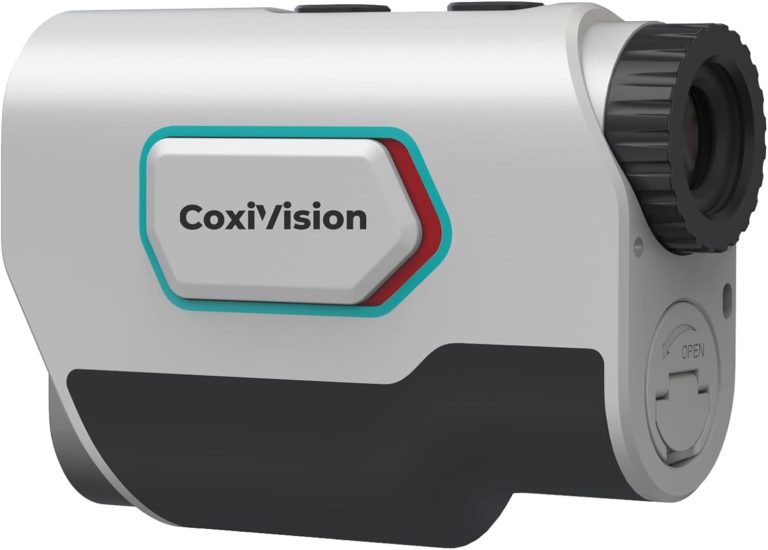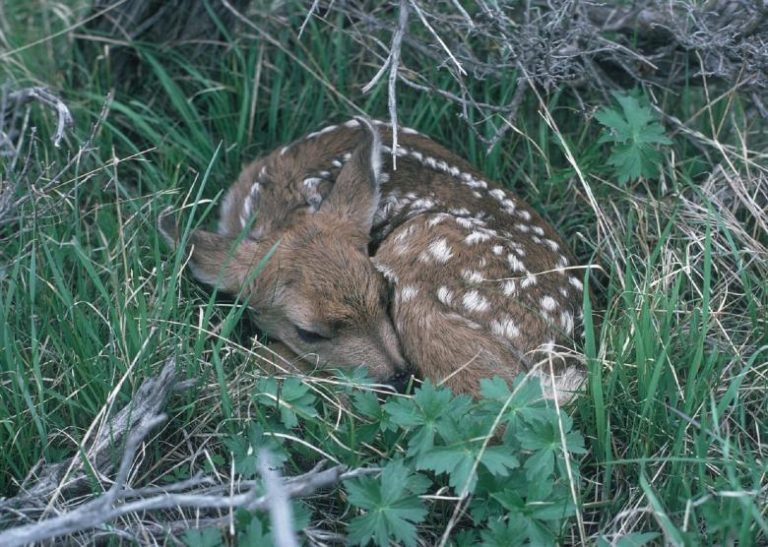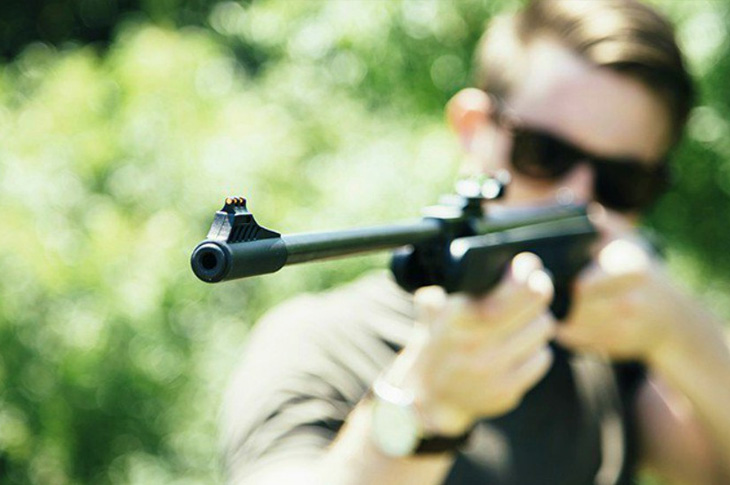Introduction
Hunting is more than a pastime; it’s a tradition that connects us to the land and the wildlife that thrives there. As hunters, we carry the responsibility of ensuring that our actions are in line with ethical principles and sustainability. This guide aims to highlight the significance of ethical hunting, responsible hunting, and sustainable practices that preserve wildlife for future generations. Whether you’re a seasoned hunter or a newcomer, this guide provides essential tips on hunting ethics, selecting hunting gear, understanding regulations, and practicing conservation.
Understanding Ethical Hunting
Ethical hunting goes beyond simply following the rules; it’s about respecting the animals, the environment, and the broader ecosystem. At its core, ethical hunting adheres to principles of fairness, responsibility, and integrity. It means hunting with a purpose, ensuring that every shot is carefully planned, and only when it is safe and justifiable.
One key distinction is the difference between ethical hunting and trophy hunting. While ethical hunters aim to harvest animals for food, population control, or conservation, trophy hunting often focuses on hunting for sport or acquiring the biggest and most impressive specimens. Ethical hunters choose their targets based on sustainable management practices, focusing on older, non-breeding individuals or those in surplus, while trophy hunters may target the most dominant individuals, potentially harming the local population’s genetic diversity.
Hunters play a vital role in wildlife conservation. Through regulated hunting, we can help control overpopulation and prevent habitat destruction. By following ethical practices, hunters ensure that animal populations remain healthy and sustainable for future generations.
Responsible Sourcing of Hunting Gear
When it comes to hunting gear, ethical sourcing is crucial. As consumers, we can support companies that prioritize sustainable production and environmentally-friendly practices. Look for brands that use recycled materials and sustainable manufacturing processes to reduce environmental impact. Choosing ethical hunting gear not only supports eco-conscious companies but also helps minimize the carbon footprint of hunting.
Before making any purchase, take time to research companies’ environmental policies, read product reviews, and consider brands that invest in wildlife conservation or support ethical hunting initiatives. Remember, responsible sourcing extends to all aspects of hunting, from clothing and equipment to ammunition.
Hunting Regulations & Licenses
To hunt legally and ethically, obtaining the proper licenses and permits is essential. Hunting licenses ensure that the hunter is compliant with state or local regulations, which are put in place to manage wildlife populations effectively and sustainably. These regulations often vary depending on the region and type of game being hunted, so staying informed is crucial.
Hunting licenses may include resident and non-resident categories, as well as specific tags for different types of animals. Always double-check your region’s regulations, and be sure to renew your license as required. State wildlife agency websites are a great resource for staying up-to-date with any changes in hunting laws and regulations.
Sustainable Hunting Practices
A. Ethical Shot Placement
One of the cornerstones of ethical hunting is ensuring that each shot results in a clean kill. This minimizes suffering and ensures that the animal’s death is quick and humane. Proper shot placement is essential to avoid wounding animals, which can lead to unnecessary pain and distress.
Before you head out, familiarize yourself with where to aim for various game species. For example, vital areas like the heart and lungs are ideal targets for most game animals, as they ensure a swift and humane kill. Take time to practice your marksmanship and shot placement to enhance your accuracy.
B. Field Dressing Techniques
Once an animal has been harvested, field dressing is crucial for meat quality, hygiene, and respect for the animal. By gutting the animal in a timely manner, you prevent spoilage and preserve the meat for consumption. Proper field dressing also helps reduce the environmental impact by leaving less waste in the field.
Ensure that you’re equipped with the proper tools for field dressing, such as a sharp knife and gloves, and always follow the regulations for field dressing specific to your region.
C. Sustainable Harvesting
Sustainable harvesting is about ensuring that you’re not taking more than the environment can provide. Practice selective harvesting, which involves choosing the right animals to hunt, such as those that are older, sick, or not breeding. Adhering to local regulations helps ensure that you leave enough breeding stock to maintain the health of the population.
By targeting animals based on their age, health, and ecological role, you support the long-term sustainability of both the species and the environment.
Tips & Tricks for Ethical Hunting
- Scouting Techniques: Before heading out, research your hunting grounds thoroughly. Identify areas where game populations are healthy, and avoid over-hunted regions. Ethical hunters focus on minimizing their impact on the land.
- Minimize Disturbance: Always be mindful of how your actions affect the environment and other wildlife. Avoid leaving trash behind, and ensure that your presence doesn’t disrupt other animals or the natural habitat.
- Hunting Etiquette: Respect fellow hunters and public lands. Follow established hunting codes of conduct, and always prioritize safety and respectful behavior while in the field.
Wildlife Conservation and Advocacy
Ethical hunting is not only about the practice itself but also about contributing to broader wildlife conservation efforts. Hunters play a key role in supporting organizations that promote ethical hunting and environmental preservation. Groups like the National Wildlife Federation and the Wildlife Conservation Society
work tirelessly to protect habitats, promote sustainable hunting, and ensure that hunting remains a viable conservation tool.
By getting involved with these organizations, you can make a positive impact on wildlife conservation efforts and advocate for ethical hunting practices.
Conclusion
In conclusion, ethical hunting is about much more than just following rules or complying with local laws; it’s about adopting a mindset rooted in respect, responsibility, and sustainability. At its core, ethical hunting emphasizes the connection between hunters and the environment, ensuring that our actions not only fulfill our personal needs but also contribute to the long-term well-being of wildlife populations and ecosystems.
Respect is the cornerstone of ethical hunting. This means respecting the animals we pursue, ensuring that our actions are in line with the principles of humane treatment and conservation. Ethical hunters recognize that every life taken in the field should be done so with purpose, with the aim to reduce suffering and use the animal’s resources to benefit both the hunter and the environment. This respect extends beyond the hunt itself, as hunters must also be mindful of the broader ecosystems in which these animals live, preserving their habitats and the delicate balance of nature.
By practicing responsible hunting techniques, selecting ethical gear, following regulations, and contributing to conservation efforts, hunters play a vital role in maintaining the balance between humans and nature. In doing so, we can ensure that hunting remains a viable and ethical activity for generations to come. It is essential for each of us to strive to be ethical stewards of the environment, passing on our knowledge, respect, and responsibility to the next generation of hunters. In this way, we preserve the traditions of ethical hunting while safeguarding the future of our planet’s wildlife.













